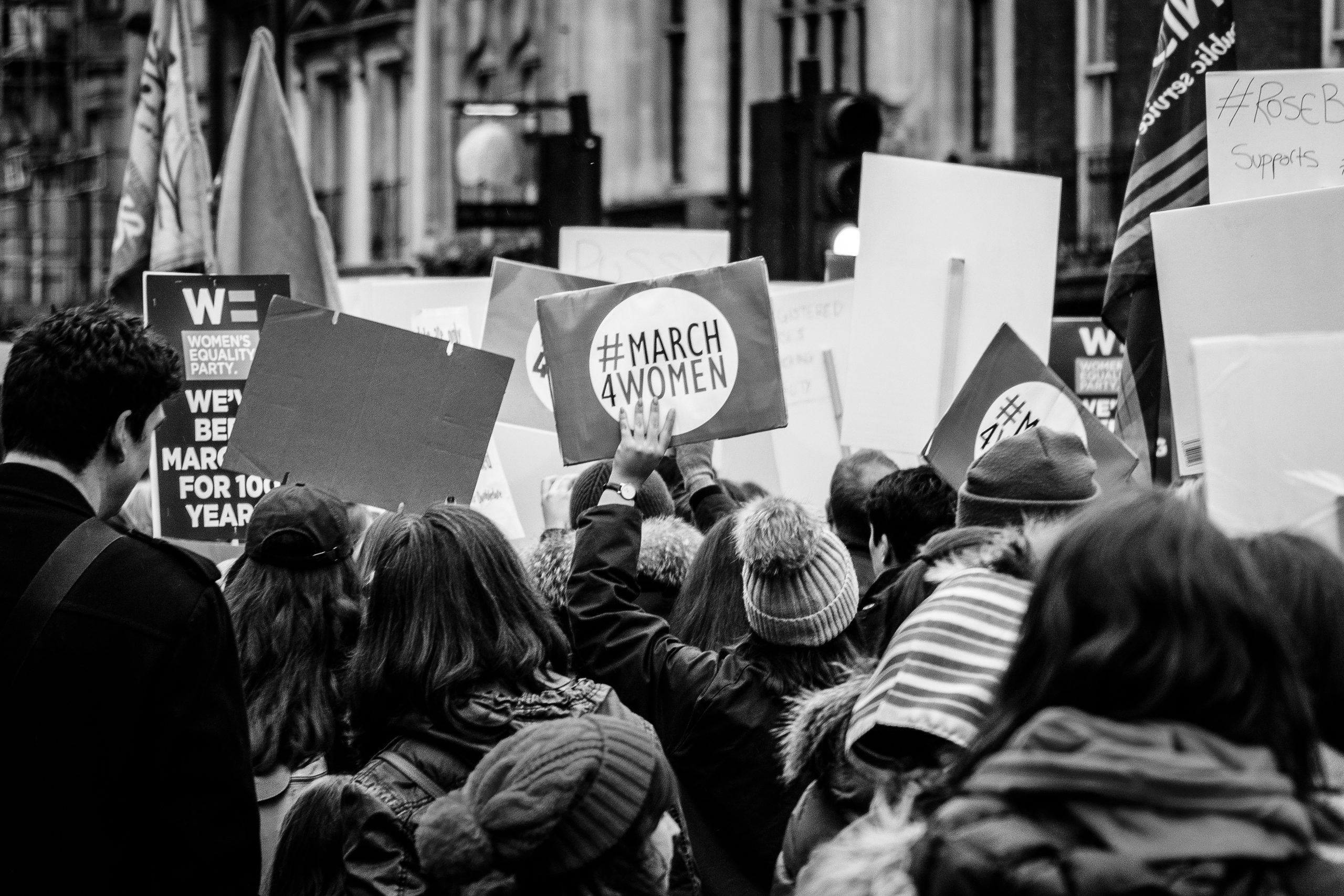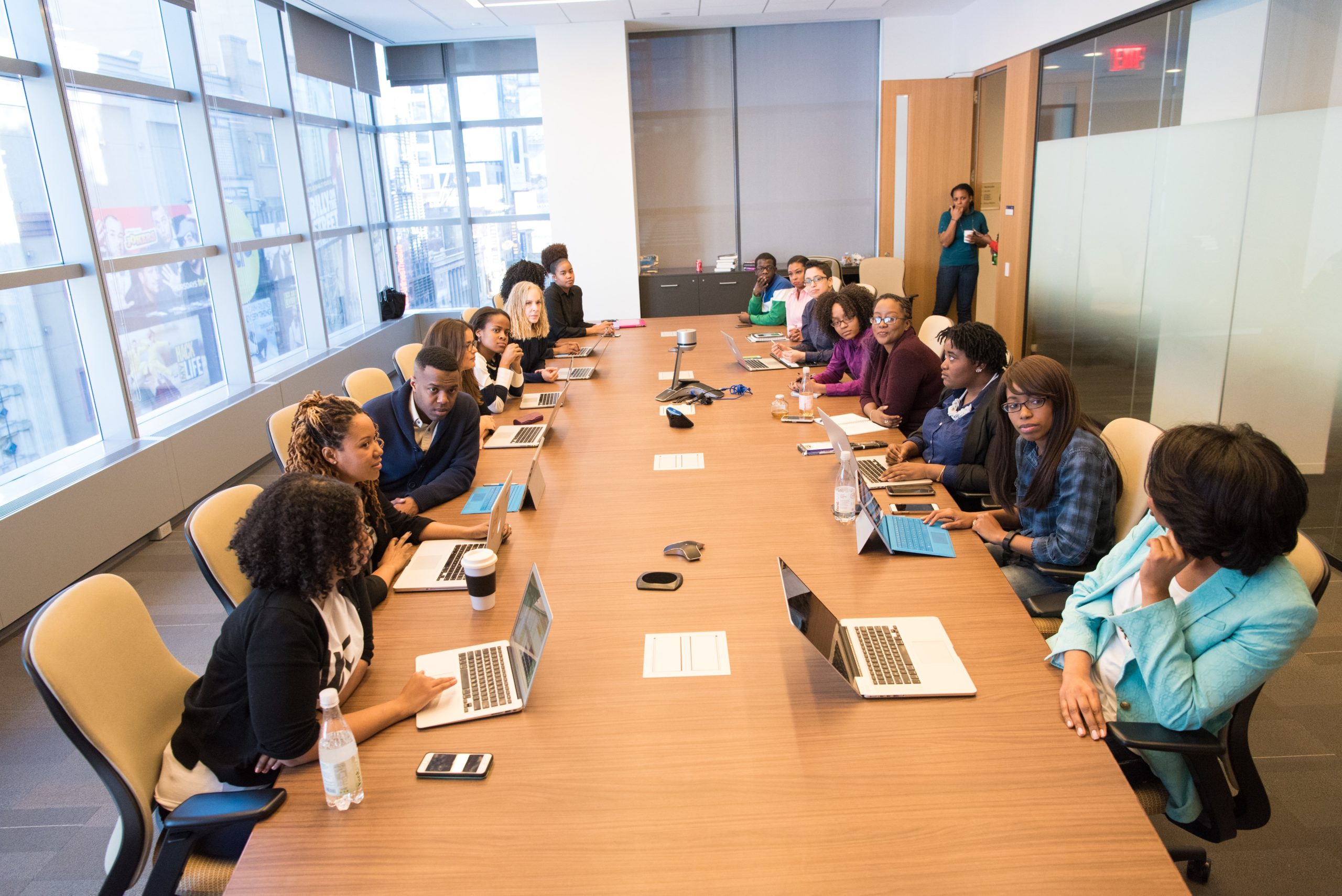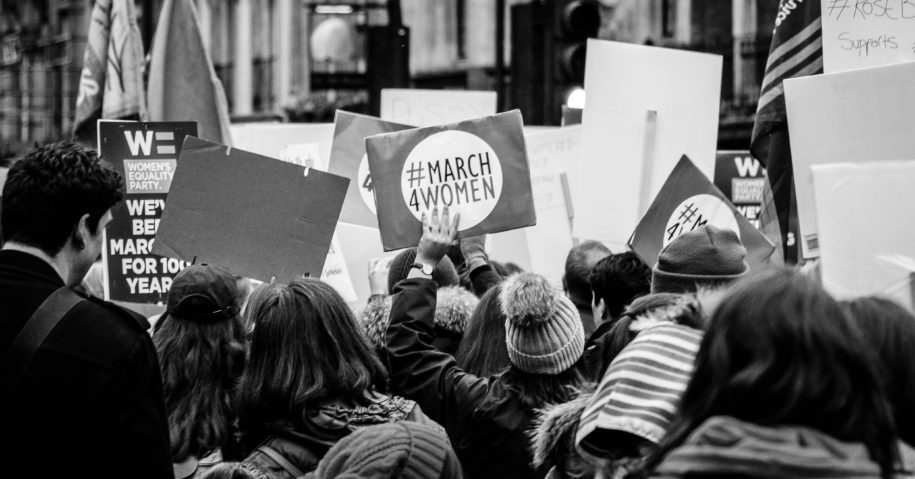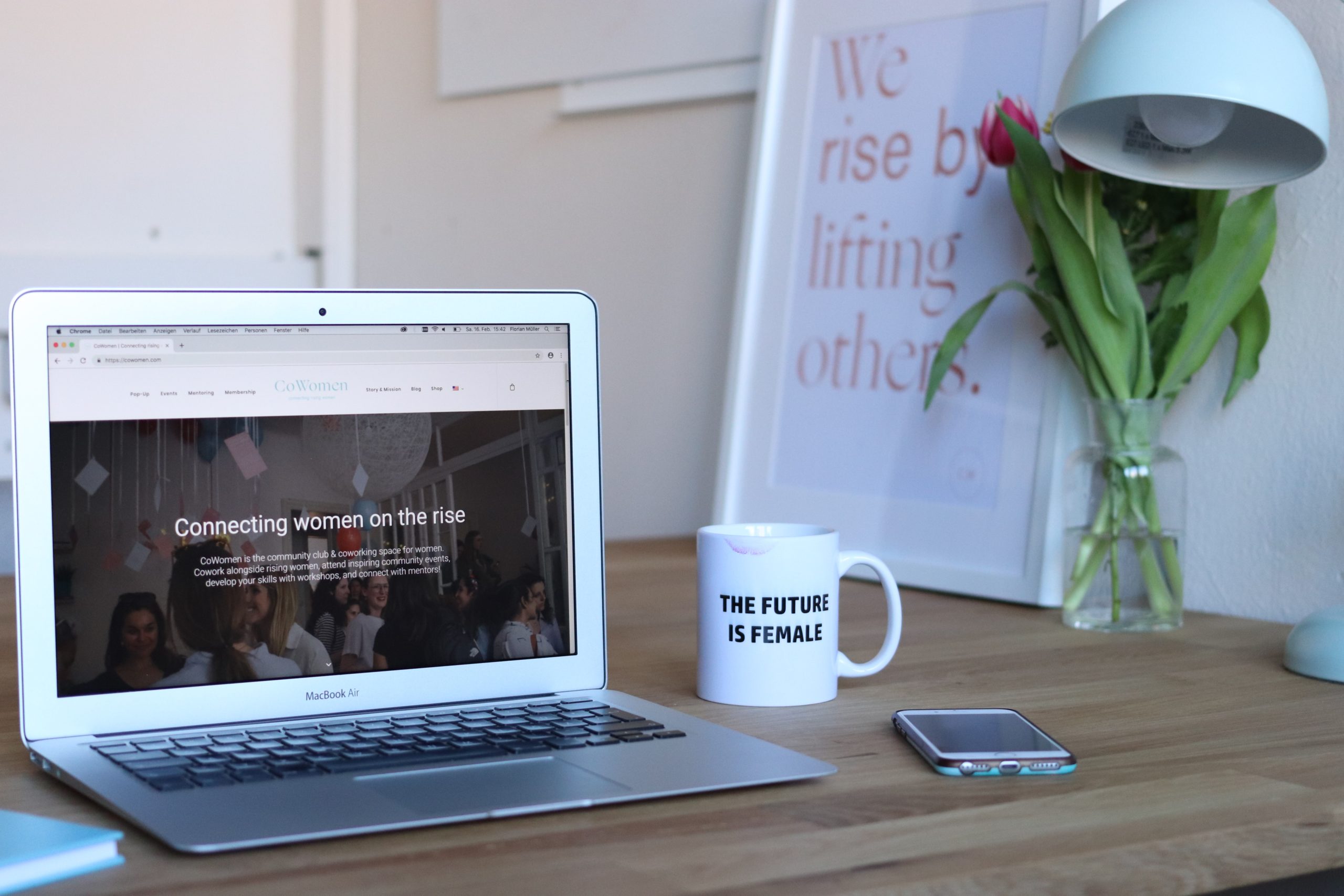Celebrate Women’s History Month By Standing Up For Women’s Rights

August 18th, 2020 marked the 100th anniversary of the passing of the 19th amendment, which granted women the right to vote. In terms of gender equality, America has changed by leaps and bounds over the last century, with women being more readily accepted in the worlds of business and government. Regardless of this, most Americans agree we have not done enough for gender equity in our country.
There are countless issues which women face daily, with many spaces still not fully welcoming them. Despite decades of incremental progress, America still has deeply ingrained gender inequities and biases which affect women across the nation.
With March being Women’s History Month, we’ve compiled a list of the most pressing issues facing modern women, along with direct actions you can take to combat them. Men and women can work together for a better future, guaranteeing equal pay, opportunities, rights and treatment regardless of sex or orientation.
Women in Politics
Women have a storied history in American politics, far predating their right to vote. However, despite attempts to enter politics, women were excluded from elected positions for many years. Even after the passing of the 19th amendment, women running for public office faced uphill battles for decades. Fortunately, we saw a historic amount of women elected to the House of Representatives in 2018, along with tremendous gains for LGBTQ women and women of color.
Yet even in the 21st century, women face many challenges when running for public office. One major problem is the scarcity of women in higher governmental positions. Only 23.5% of United States representatives are held by women, falling 9.5% below the Organisation for Economic Co-operation and Development’s global average of 31.2%. While acceptance of women in leadership positions has improved, this does not fully apply to the higher echelons of government.
Another issue women in politics face is a lack of campaign funding. In American politics, individuals running for office are allocated funds by their party to finance the numerous costs of running a campaign. However, as the Women’s Campaign Fund has noted, the money allocated by each party highly favors men over women. The clear resistance to funding female campaigns displays an antiquated view of women, making running for office even more challenging for them. For women’s rights to be furthered and protected, women must be equally involved in the creation and enforcement of legislation.
Women in the Workplace
In 1970, the U.S. Court of Appeals for the Third Circuit ruled in Schultz v. Wheaton Glass Co. that employers cannot pay women and men differently for the same work simply because their job titles differ. Although it seems like this ruling would guarantee equal pay for equal work, the gender pay gap persists to this day.

However, the pay gap is not simply drawn on gender lines, but on lines of race as well. As of 2020, women on average make 82 cents for every dollar a man makes, however this is far less for women of color. Latinx women earn 54 cents, Native American women earn 57 cents, and Black women earn 62 cents per dollar a white man makes. Despite a woman’s education, experience or background, they are statistically going to make less money than their male counterparts.
This disparity can also be seen in workplace positions of power. The 2020 Fortune 500 noted a record high of female CEOs at 37. For context, of America’s largest companies, only 13.5% were led by women. In many workplaces, women are not granted leadership opportunities, placed in lower level positions with little hope of upward mobility. However, mistreatment in the workplace goes far beyond wages and leadership.
8 in 10 women have reported experiencing some form of harassment in the workplace. Gender harassment has been extremely widespread in work environments, and even accepted for many decades. However in the last decade, movements like #MeToo and TIME’S UP have directly challenged public perceptions of harassment, opening up often silenced discussions of harassment against women. These organizations are fostering a better future for women in and out of the workplace, fighting for a world where sexual harassment and assault are no longer tolerated by society at large.
COVID-19’s Impact on Women
In March 2020 alone, 60% of jobs eliminated by Covid were held by women. The industries hit hardest by the pandemic – food service, retail, entertainment, domestic – have much higher percentages of female employees losing their jobs in lockdown. Many of these positions are low paying, offering very few benefits or financial safety nets for employees, meaning millions of women are left without savings or a steady stream of income during the pandemic.
However, many women had no choice but to leave their jobs to take care of their children. Because schools across the country shuttered their doors during quarantine, working parents had to remain home to be with their children and assist with remote learning. Overwhelmingly, this was expected of women, with far fewer men leaving their jobs to become stay-at-home parents. This highlights the notion that women’s careers are viewed as most expendable, being asked to leave their jobs to become full-time parents far more than men.
COVID-19 has highlighted all systemic inequalities which exist in our country, and this is particularly true of women of color. Not only have communities of color been disproportionately affected by the Coronavirus pandemic, women of color comprise the vast majority of low-income occupations in hardest hit industries. The jobs of many women of color pay the least, offer the fewest benefits, and make up the majority of jobs slashed by pandemic related cutbacks. Women of color are some of those hardest hit by Covid, yet have received little assistance to ensure food security and paid leave, leaving many of them extremely vulnerable to poverty and hunger.
Despite all of this, women make up 80% of healthcare workers. While on one hand the jobs of women have been treated as disposable, they are also extremely essential; fighting on the front lines of the COVID-19 pandemic, putting themselves at risk of infection to assist the millions of Americans who have contracted the virus. Women were facing inequality far before the pandemic, however its effects have only intensified the need for gender equity in America.
Stand Up For Women’s Rights
As we celebrate Women’s History Month, it is important to champion all the accomplishments women have attained over the last century. The year 2021 has already been momentous for women, with Kamala Harris becoming the country’s first female vice president – the highest ranking woman in United States history.
However, this month also serves as a time to acknowledge the amount of progress left to go. Women deserve the right to be seen as equal in government, the workplace, and every other facet of society. To achieve this, we all must demand equity, and work together to further women’s rights far into the future.
For all these reasons and more, Impactree has set a goal to inspire our community to complete 1000 actions for gender equity on our network this month. To take part in our challenge, check out our Women’s History Month Action Hub.


